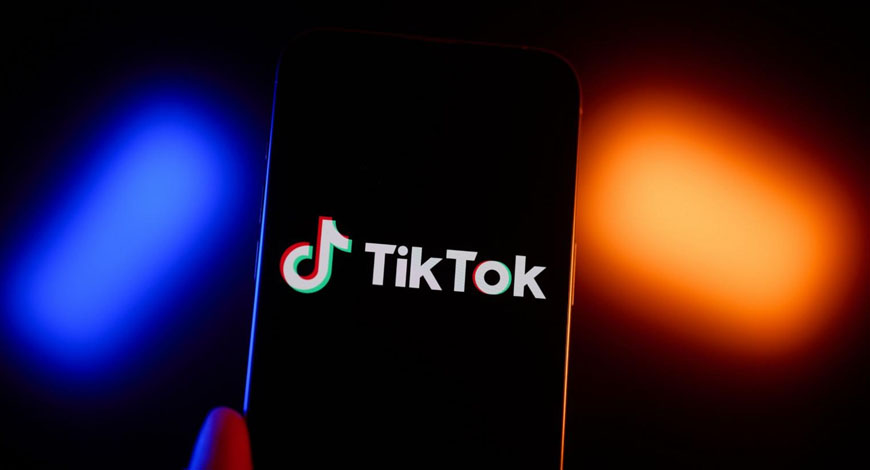OpenAI countersued Elon Musk, citing a pattern of harassment by Musk and asking a federal judge to stop him from any “further unlawful and unfair action” against OpenAI, in a court case over the future structure of the firm that helped launch the AI revolution.
Musk and OpenAI CEO Sam Altman co-founded OpenAI in 2015, but Musk left before the company became a technology star. Recently Musk, who went on to create his own AI firm, xAI, in 2023, has tried to prevent the ChatGPT maker from transitioning to a for-profit model, culminating in the current court case. In order for OpenAI to secure the entire $40 billion of its current fundraising round, the company must complete its transition by the end of the year.
“Through press attacks, malicious campaigns broadcast to Musk’s more than 200 million followers on the social media platform he controls, a pretextual demand for corporate records, harassing legal claims and a sham bid for OpenAI’s assets, Musk has tried every tool available to harm OpenAI,” the company wrote in a filing in Musk’s existing lawsuit against OpenAI in the US District Court for the Northern District of California.
OpenAI asked the judge to stop Musk from any further attacks, as well as that Musk be “held responsible for the damage he has already caused.”
The two parties are set to begin a jury trial in spring next year.
In response, Musk’s legal team referred to a $97.4 billion unsolicited takeover bid earlier this year from a Musk-led consortium, which OpenAI rejected. “Had OpenAI’s board genuinely considered the bid as they were obligated to do, they would have seen how serious it was. It’s telling that having to pay fair market value for OpenAI’s assets allegedly ‘interferes’ with their business plans,” Musk’s lawyer Marc Toberoff said in a statement provided to Reuters. CNN








